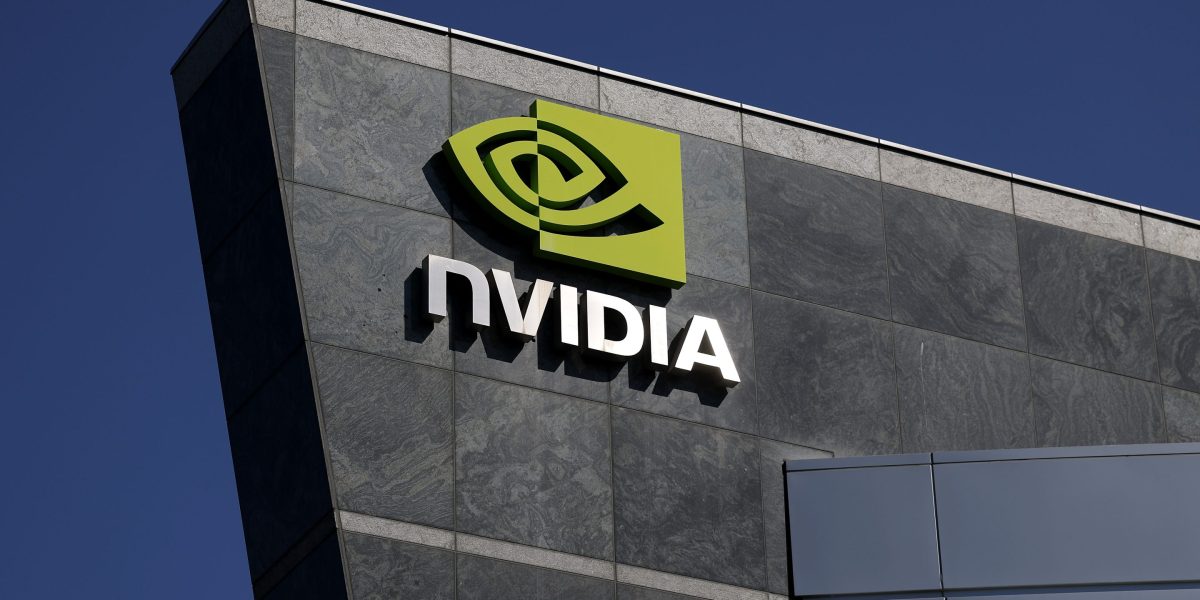
Meta Description: Nvidia reported strong Q2 2026 results with high AI chip demand, but stock fell after zero H20 sales to China amid export restrictions.
Nvidia delivered another earnings beat in its latest quarter driven by continued demand for Nvidia AI chips and expanding generative AI infrastructure. Even so, the stock moved lower in after hours trading when the company confirmed zero H20 sales to China based customers because of US China chip export restrictions. That single detail highlighted how geopolitics now shapes AI infrastructure demand and market access.
Nvidia has been a bellwether for AI spending and AI data center capex as companies scale up model training and inference capacity. To comply with export rules the company developed specific variants for restricted markets. The absence of H20 sales to China in the Nvidia Q2 2026 financial results shows those policies have a direct effect on regional availability and revenue mix.
For companies planning AI deployments the takeaway is practical. AI infrastructure demand is real and growing, but access to the newest chips can be limited by export policy. Organizations should build flexibility into procurement and budgeting for AI data center capex, and consider region specific strategies when evaluating vendors and cloud partners.
The tension between technical demand and regulatory limits could accelerate regional innovation as alternative suppliers and domestic chip projects respond to limited access. Nvidia remains central to global AI spending trends, but export controls may fragment markets and shape the future of hardware supply for generative AI infrastructure.
Nvidia Q2 2026 financial results confirm that demand for AI hardware remains very high. Yet the lack of H20 sales to China highlights how US China chip export restrictions can influence revenue and investor reactions. Companies and investors tracking Nvidia earnings should pay attention to both product ramps like Blackwell Ultra production and evolving export policy when assessing the AI market.
For readers watching Nvidia stock and the broader AI hardware market, the lesson is clear: technological momentum and geopolitical rules now move in tandem. Staying informed on export policy and Nvidia product road maps will be essential for planning successful AI projects.



